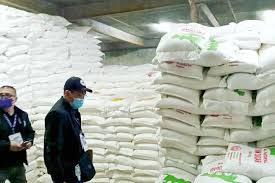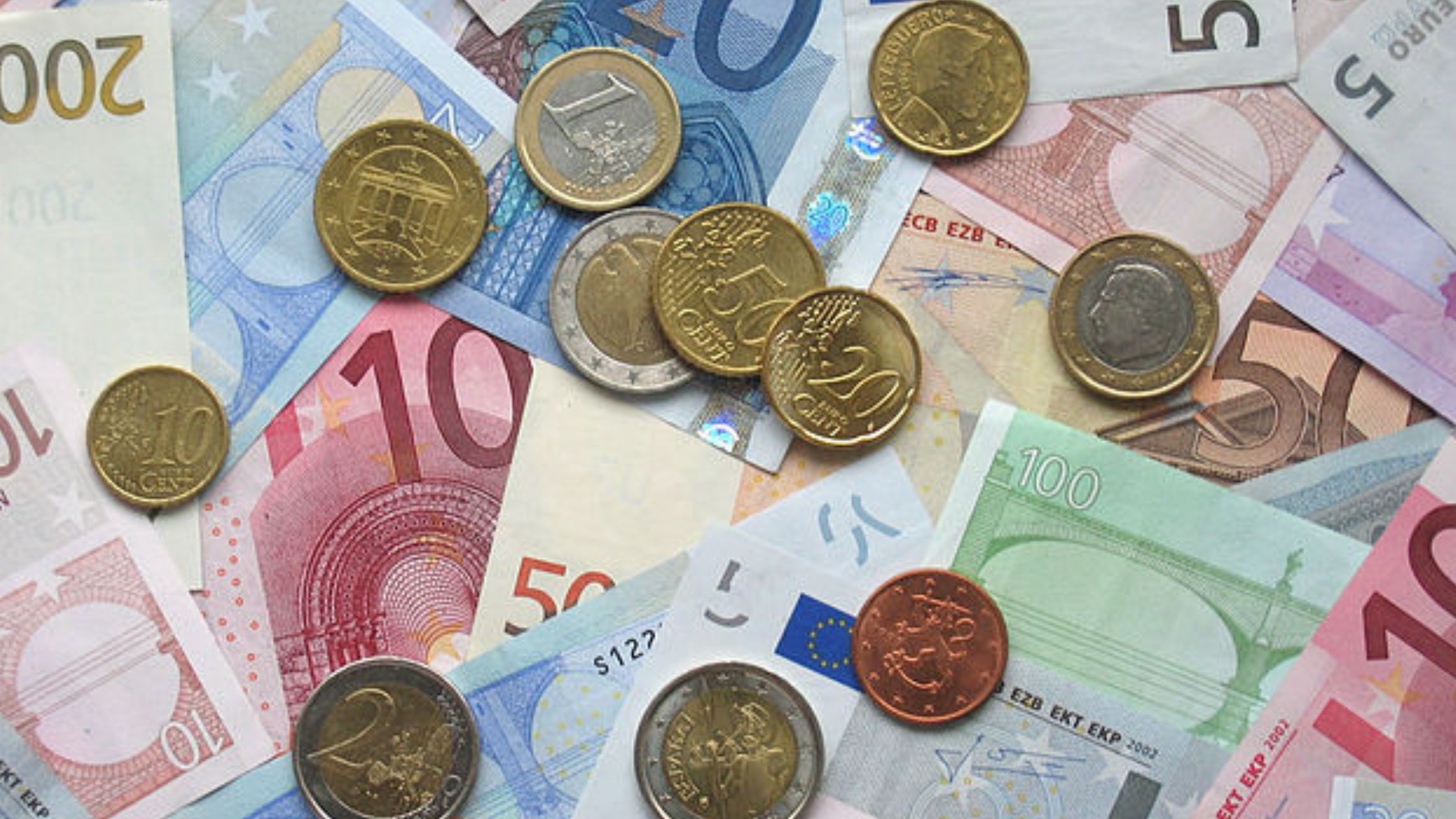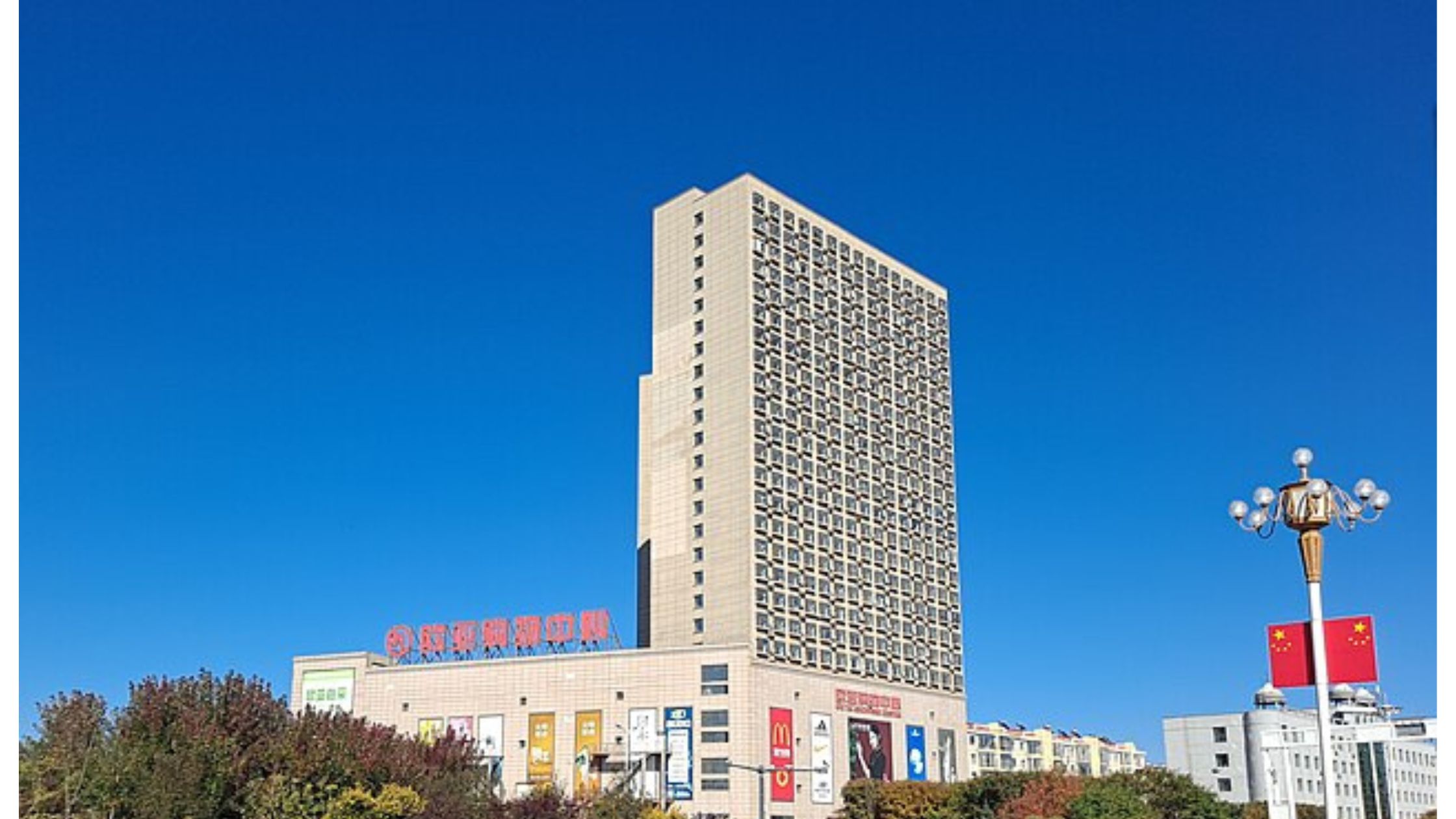Concerns are growing over Nigeria’s heavy dependence on imported sugar, with data showing that the country produces only 4% of its local consumption, while 96% is sourced from countries like Brazil.
Rising Sugar Imports and Economic Risks
Recent reports indicate that in March 2025 alone, Nigeria imported over 98,000 metric tonnes of sugar. The Nigerian Ports Authority (NPA) revealed that major shipments arrived at Apapa Bulk Terminal Limited and Greenview Development Nigeria Limited, with vessels like AEPOS (48,000 MT from Brazil) and SEA DIAMOND 1 (50,000 MT)docking at Nigerian ports.
With annual sugar consumption at 1.8 million metric tonnes, local production stands at a mere 48,000 metric tonnes, forcing manufacturers like Dangote Sugar, BUA, and Golden Penny to rely on foreign imports.
Governor Abdullahi Sule of Nasarawa State and Dr. Olusola Odusanya, DG of NACETEM, have warned that over-reliance on sugar imports poses serious economic risks, especially with fluctuating forex rates affecting business operations.
The Need for Local Sugar Production
Experts argue that investing in local sugar production could create over 500,000 jobs and boost Nigeria’s foreign exchange earnings. Dr. Odusanya suggests that with innovative agricultural technologies, Nigeria could produce five times its current sugar consumption, positioning itself as a global sugar producer like Brazil (41 million metric tonnes) and India (36 million metric tonnes).
Efforts to Boost Local Sugar Production
To reduce reliance on forex for raw materials, BUA Foods Plc has invested over $200 million in its Lafiaji integrated sugar estate in Kwara State, which includes a sugar refinery, ethanol plant, and supporting infrastructure. Dangote Sugar has also unveiled plans to achieve an annual production of 1.5 million metric tonnes using locally cultivated sugarcane.
Concerns Over Fake and Substandard Sugar Imports
Meanwhile, the Federal Competition and Consumer Protection Commission (FCCPC) has discovered substandard sugar products in Nigerian markets, imported from Brazil and Arapora Bionergia. Investigations are ongoing, especially in the South-West and North-East, to track down and eliminate these unfit products.
The Way Forward
Stakeholders continue to advocate for government policies and private sector investments to strengthen Nigeria’s sugar value chain, reduce dependency on imports, and boost local production capacity for long-term economic stability.








Leave a Reply